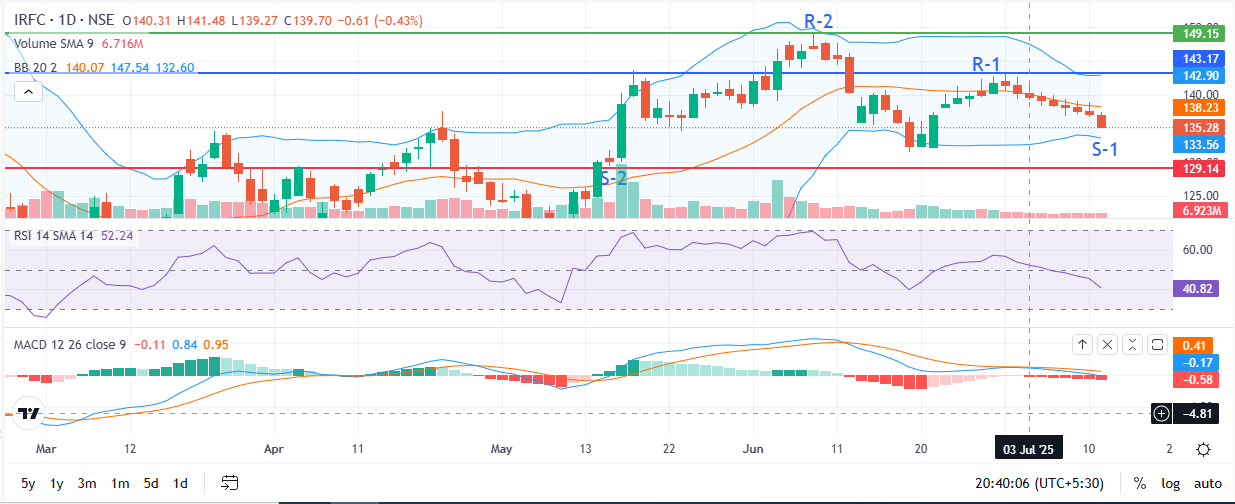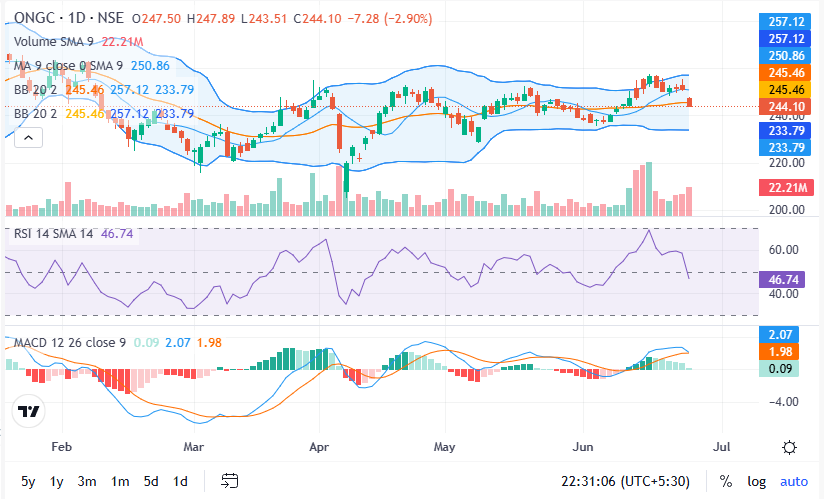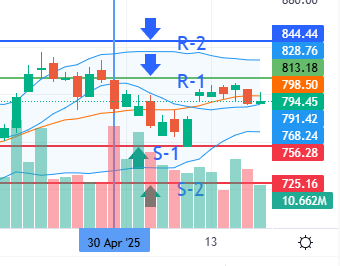Elections and the Union Budget have a major influence on investor sentiment and market behavior in a nation as vibrant and diverse as India. Knowing how these economic and political turning points affect the Indian stock market might help financial professionals develop more effective investing plans.
Let’s examine how market volatility, stock shares, and long-term investment choices are impacted by these occurrences.
The Impact of Elections on the Indian Stock Market
1. Volatility before the election
The stock market is frequently more volatile in the run-up to state or general elections. The general prognosis for governance, the possibility of a change in economic policy, and the uncertainty surrounding which party would win power are the main causes of this.
Wait-and-watch investing is a common strategy used by investors, which lowers liquidity and raises short-term volatility in equities shares. Astute investors, however, can see this as a chance to buy high-quality equities at reduced costs.
2. Sell-off or Post-Election Rally
Stock indices like the Nifty 50 and Sensex frequently experience short-term rallies if the election results in a stable, market-friendly government. For example, following the NDA’s majority victory in 2014 and 2019, markets soared due to promises of reform and pro-growth measures.
On the other hand, the market can respond adversely if election outcomes result in political instability or a fractured mandate because of the uncertainty surrounding governance priorities, tax reforms, and investment policies.
3. Movements by Sector
Policy priorities vary throughout political parties. For instance:
A government that prioritizes infrastructure could increase supplies of capital goods and building materials.
Companies that focus on FMCG and rural consumption may benefit from a welfare-focused agenda.
Positioning your investment over the appropriate equity shares is made easier when you are aware of the political party’s agenda.
💰 Union Budgets’ Effect on the Stock Market
One of the most anticipated financial events of the year is the Union Budget. It describes the government’s plans for taxation, spending, revenue, and sector-by-sector allocation.
1. The volatility of Budget Day
Markets can move sharply on Budget Day. A rally may be sparked by a budget that is seen as pro-growth, fiscally reasonable, or business friendly. However, a sell-off might be the outcome of greater taxes, larger deficits, or a lackluster reform message.
2. Implications by Sector
Sectoral performance are directly impacted by the budget. Here’s how:
Infrastructure: Funding for urban growth, roads, and railroads increases capital goods and building supplies.
Banking & Finance: The banking industry is impacted by bank recapitalization, modifications to interest subsidies, and non-performing assets.
FMCG & Agriculture: Rural demand and consumption patterns are impacted by investments in food security, rural development, and subsidies.
IT & Pharma: Indirectly impacted by foreign trade policies, R&D incentives, or tax changes.
3. Investment and Taxation Climate Shifts in:
Tax on capital gains
Securities Transaction Tax, or STT
Taxation of dividends
Import/export taxes
…may directly affect the actions of investors, the movements of mutual funds, and the involvement of FIIs (Foreign Institutional Investors) in Indian stock shares.
Case Studies: Patterns in History
General Elections in 2014: A long-term bull market with strong performance in banking, infrastructure, and auto sectors was brought about by a clear mandate.
2019 Interim Budget: Agri-stocks and FMCG were boosted by populist measures announced prior to elections.
2021 Budget After COVID: Audacious spending plans and no tax rate hikes caused a significant surge in indexes, particularly in the banking and infrastructure sectors.
Advice for Investors on Strategy
1. Don’t rely just on events to timing the market.
Although budgets and elections are important, it might be dangerous to try to time entry and exits around them. Rather, concentrate on how your long-term investment strategy fits in with the changing economic and regulatory landscape.
2. According to Situations
Maintain a diverse portfolio that spans several industries. Other sectors might gain if one is subject to post-election or budgetary policy challenges.
3. Monitor Announcements of Policies
Examine the budget highlights from reputable financial portals in detail.
Examine political parties’ platforms and reform initiatives throughout election seasons.
Keep up with knowledgeable analysis of how changes affect your current equity shares.
Resources & Tools for Keeping Up to Date: Ministry of Finance and RBI Websites for official policy updates
For stock responses and market regulations, see SEBI and NSE India.
News sites offering event coverage and analysis include ET Now, BloombergQuint, and Moneycontrol.
Brokerage Reports: for Sectoral Effects Following Election and Budget
Wrapping Up
There is no denying that budgets and elections have an impact on the Indian stock market. They influence corporate attitude, set the course of policy, and frequently determine the flow of both international and local investment. Although short-term volatility is unavoidable, the quality of governance and the actual application of policies will determine the long-term effects.
You may move more confidently through these times of high impact as an investor if you remain informed, steer clear of rash actions, and adhere to basic financial rules.
Disclaimer:
This article is for informational and educational purposes only and does not constitute financial advice. Investing in the stock market involves risks, and readers should do their own research or consult a qualified financial advisor before making any investment decisions. The views expressed are those of the author and may not reflect the opinions of this blog or its affiliates.




